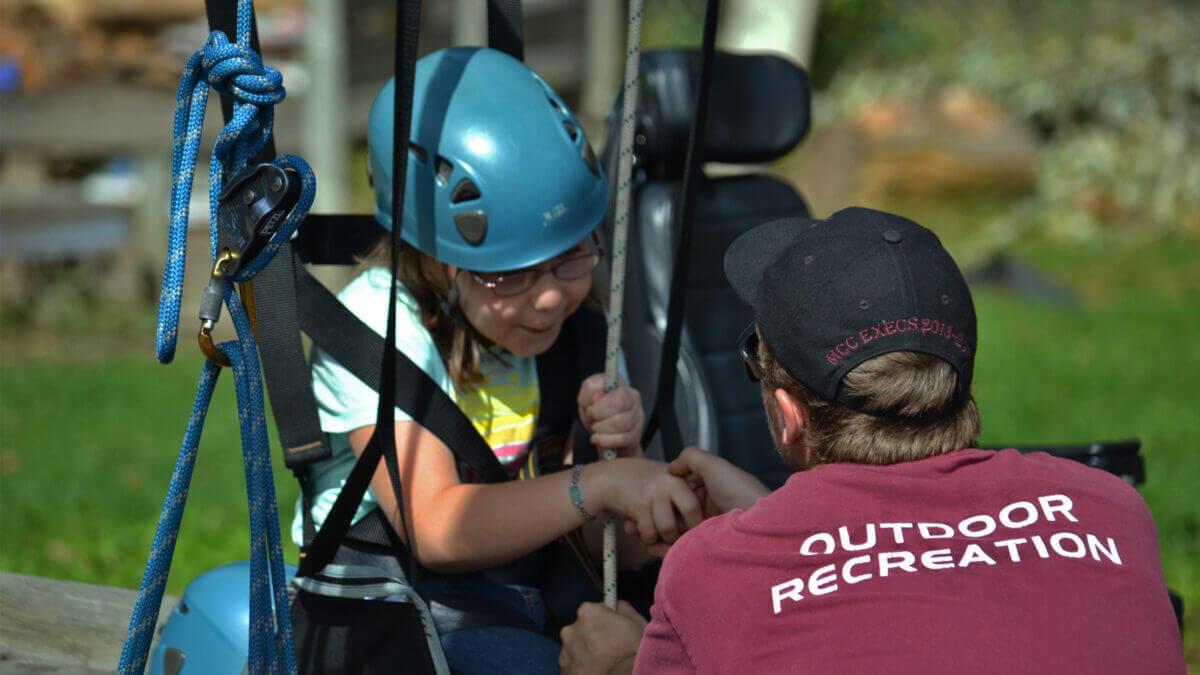- CP-NET places lived experience at the center of cerebral palsy research, translating priorities identified at 2020 Science and Family Day into systematic hip surveillance protocols now implemented at clinical sites across Ontario
- The hip monitoring initiative reduces pain and improves quality of life, with Grandview Kids successfully implementing X-ray surveillance for early detection of hip displacement, inspiring other institutions to adopt similar protocols
- Program addresses barriers to community participation and lifespan care gaps, developing coaching programs, support groups, and digital app for families while launching Adult Cohort Clinical Database to serve Ontario's 46,000+ people living with CP
The Cerebral Palsy Integrated Neuroscience Discovery Network (CP-NET), an Ontario Brain Institute Integrated Discovery Program, has built a model where individuals with cerebral palsy and family voices shape research direction and drive concrete improvements in care.
For many individuals with cerebral palsy (or CP), joint pain and barriers to community participation significantly affect health and quality of life. CP-NET places family voices at the centre of its work, with their input consistently guiding research efforts. For more than a decade, CP-NET has worked to fully integrate these perspectives, ensuring research translates into meaningful clinical improvements and better everyday outcomes – from hip surveillance protocols to interventions targeting community participation.
Hip surveillance: From lived experience concerns to clinical implementation
All the way back in 2020, at CP-NET's annual Science and Family Day, Program Lead Dr. Darcy Fehlings led a breakout session where participants voted on which health quality markers mattered most. While 67% prioritized the age of cerebral palsy diagnosis, a significant 33% chose hip displacement, which is a common risk factor that often develops without obvious symptoms.
This identification of lived experience priorities illustrates how meaningful research questions start with lived experience. Nearly five years later, systematic hip monitoring through X-rays is now standard procedure for CP patients at Grandview Kids Health Centre, improving early detection of hip displacement, reducing pain, and enhancing quality of life.
Grandview Kids' quality improvement initiative has inspired other Ontario institutions, including the Children's Treatment Network in York Region, to implement their own hip surveillance protocols. Dr. Fehlings sees this as the beginning of broader transformation.
"What we're witnessing is a fundamental shift in how research translates into clinical practice. When families tell us what matters most, and we build the evidence to support those priorities, we create change that extends far beyond a single institution. As more sites across Ontario adopt these protocols, we're moving toward a future where every child with CP receives proactive, evidence-based care that prevents complications before they occur."
Turning research into real-world support
Another family-identified priority is children's day-to-day engagement in social and community life. Recent research tracking children from preschool to school age revealed limited participation in activities outside the home. Rather than simply documenting the problem, CP-NET is taking action.
The team is developing coaching programs and support groups to help families during the critical preschool years, encouraging social interaction, physical activity, and play – strategies that target lifestyle factors supporting brain health. This work is also building capacity for the field of childhood-onset disabilities like CP as it is being led by PhD candidate Daniela Testani with Dr. Fehlings’ supervision.
Dayle McCauley, who works with CP-NET’s Advisory Group, explains that through knowledge translation initiatives, the network is promoting physical activity by connecting families with accessible sports activities, modified programs, and technology-based supports. "We are collaborating with colleagues at McGill University who developed an app to help families discover participation opportunities in their communities," she said. "With individuals with CP and family advisors, we are working to ensure the tool meets real needs."
Extending care across the lifespan
CP-NET also recognized a critical gap: the needs of adults living with cerebral palsy. The Adult Cohort Clinical Database, recently launched under the leadership of Dr. Anna McCormick and Dr. Ronit Mesterman, collects comprehensive information about adults with CP, capturing data on general health, mental health, assistive devices, and quality of life. Currently recruiting across Ontario for participants 18 and older, the study aims to help individuals, families, clinicians, and researchers better understand CP throughout the lifespan.
Carina Stumpf, a member of the Advisory Group, emphasizes this came directly from the community.
As a CP-NET advisor, I was thrilled to hear about the Adult Cohort Clinical Database. This has been a topic raised frequently by our group, and to see it being set into motion felt as though our voices were being heard and actioned.
Carina Stumpf, a member of the Advisory Group
"As part of this group, I have been able to participate in the planning process, as well as the recruitment launch for this project. Part of that included, for example, reviewing and providing input on the data being collected. I look forward to continuing to support this important work throughout the next phases.”
A patient-centered research model
With over 46,000 people living with cerebral palsy in Ontario, CP-NET's approach promises to transform care for thousands across the province. By ensuring every research initiative addresses priorities that matter most to patients and families, CP-NET is shaping a future where people with CP can thrive, participate fully in their communities, and live healthier, more fulfilling lives.
Learn more about CP-NET


